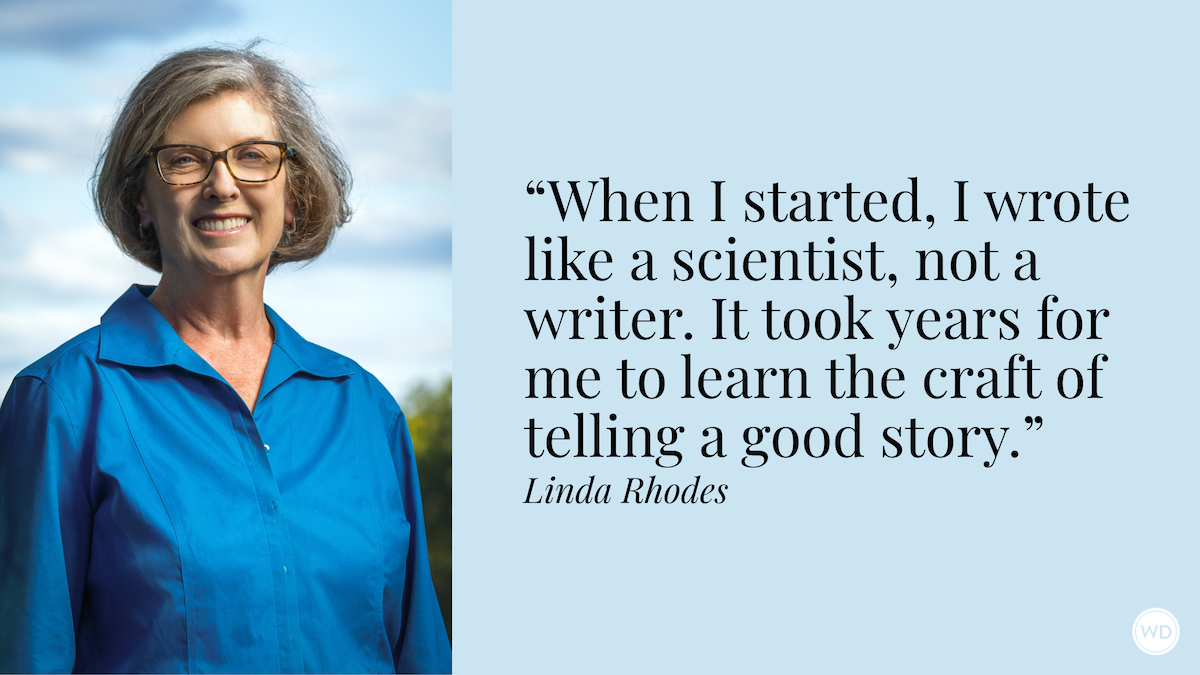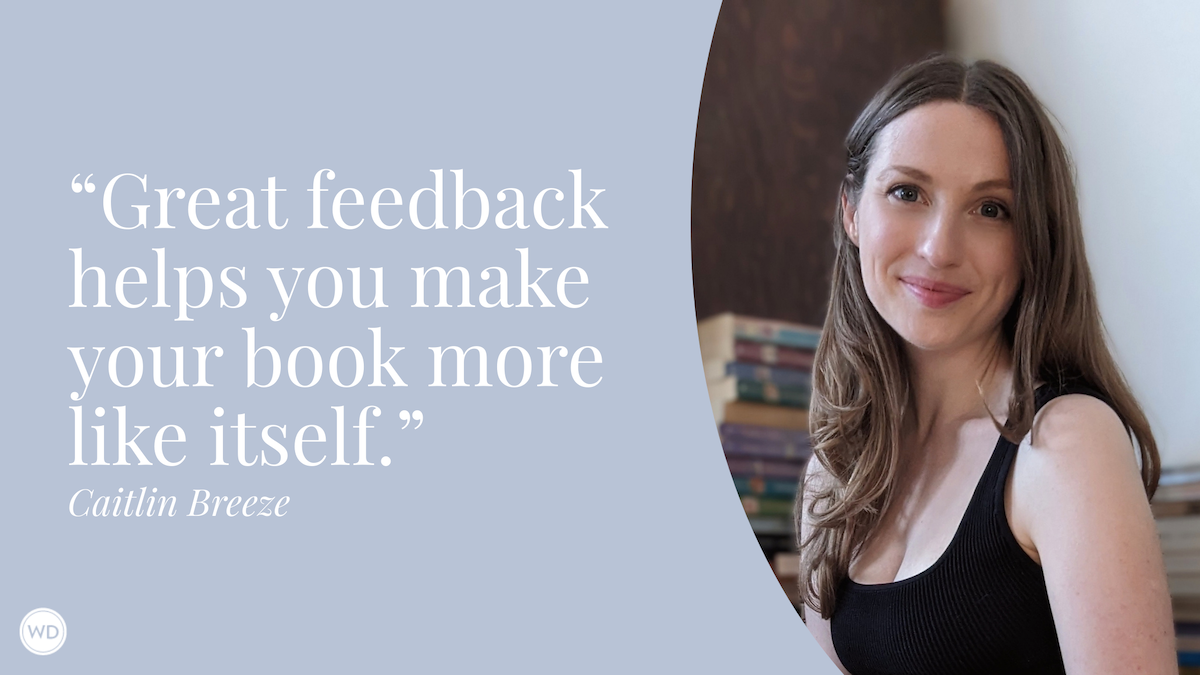12 Thought-Provoking Quotes From 1984, by George Orwell
Here are 12 thought-provoking quotes from 1984, by George Orwell. In the same book that shares doublethink, Big Brother, and 2 + 2 = 5, 1984 provides plenty of quotable moments.
Published on June 8, 1949, 1984 was the ninth and final book written during George Orwell's lifetime. In fact, Orwell would die within eight months of the initial publication. His memory and ideas live on in novels like Animal Farm and 1984, which is considered one of the greatest dystopian novels ever written.
1984 tells the story of 39-year-old Winston Smith who decides to do a thing that "if detected it was reasonably certain that it would be punished by death, or at least by twenty-five years in a forced labor camp." That thing, which he began on April 4, 1984, was to begin a diary. Once he commits this act, there's no turning back.
Here are 12 quotes from George Orwell's 1984 that cover common sense, sanity, thoughts, behavior, and more.
12 thought-provoking quotes from 1984, by George Orwell
"I enjoy talking to you. Your mind appeals to me. It resembles my own mind except that you happen to be insane."
"But it was all right, everything was all right, the struggle was finished. He had won the victory over himself. He loved Big Brother."
"History has stopped. Nothing exists except an endless present in which the Party is always right."
*****
Do you daydream about distant worlds and mythical creatures? If so, take this six-week workshop and transform your ideas into creative science fiction and fantasy novels. You'll discover the essential elements of fictional worlds, how to write a science fiction novel with intriguing characters and plot, and write up to 2,500 words for your science fiction or fantasy story.
*****
"It was a bright cold day in April, and the clocks were striking thirteen."
"It was almost normal for people over thirty to be frightened of their own children."
"Nothing was your own except the few cubic centimeters inside your skull."
"The heresy of heresies was common sense.'"
"The horrible thing about the Two Minutes Hate was not that one was obliged to act a part, but that it was impossible to avoid joining in."
"Thoughtcrime was not a thing that could be concealed forever. You might dodge successfully for a while, even for years, but sooner or later they were bound to get you."
"What can you do, thought Winston, against the lunatic who is more intelligent than yourself; who gives your arguments a fair hearing and simply persists in his lunacy?"
"Winston woke up with the word 'Shakespeare' on his lips."
"You had to live—did live, from habit that became instinct—in the assumption that every sound you made was overheard, and, except in darkness, every movement scrutinized."








